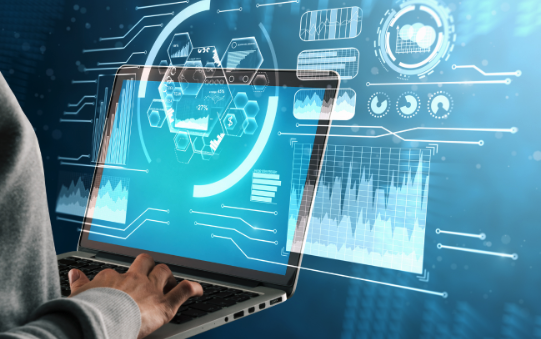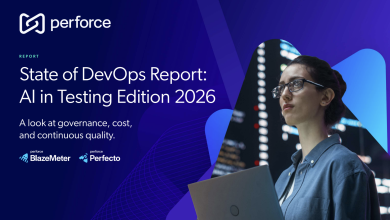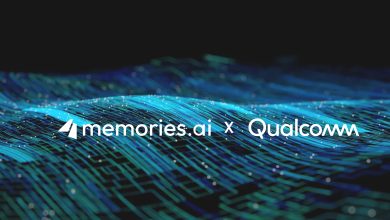
The recent launches of generative-AI tools such as ChatGPT and Bard have expanded the conversation around AI, leading to increased public speculation about their potential and drawbacks in specific implementations. The value of this technology when aimed at iterative tasks and high-volume processes is undeniable. Yet its practical applications may be in conflict with our end goals in, say, the education space.
So in this case, the question becomes: Can artificial intelligence actually help make us smarter – or is it simply the latest workaround, teaching students only how to sidestep the undertakings of real enlightenment?
The Alignment Problem in AI
If you listen to Elon Musk, Sam Harris and Bertrand Russell – or anyone with a stake in the future of artificial intelligence – you’ll hear a common refrain: We need to be really careful about AI’s deployment. Experts call it AI’s alignment problem. The concern is that the machines, as they teach themselves to become smarter over time, may not stay aligned with their creators, our values and the good of humankind.
Still, there’s a near-term alignment problem that has nothing to do with education or technology. As humans, we aren’t even able to align on exactly how and where we use the relatively rudimentary AI tools already in our possession. Most of us would agree, for instance, that tech used to recommend a golf shirt to a customer who has just purchased a golf club has value, or is at least harmless. But what if that technology is used to serve up a flat-Earth theory to someone who is trying to understand why everyone is talking about QAnon? If humans can’t agree on a set of facts, artificial intelligence – no matter how brilliantly designed – will simply disseminate the resulting chaos into the world: not the best foundation for a new tech model in education.
As a people, we still have yet to agree philosophically on the do’s and don’ts of AI. And who gets to decide these rules is an open question. For now, it’s the tech makers themselves.
Worse still, to the extent that the tech makers are merely making tools and offering them to everyone, it is up to every tool-wielding member of society to decide to act ethically. That is a tough thing to wish for as no one wants to cede control of the tools they think they can wield more skillfully than the next person to gain an advantage.
Governments are growing more involved, but that comes with its own set of problems. Even if any one government, such as the US, can come to an agreement on how to proceed carefully, how do they avoid losing ground on others? When has the U.S. government seen eye to eye with Russia? Or China? Without a human consensus on the principles of AI deployment, the technology will be developed with a glaring, fundamental flaw – humans themselves.
AI: Enemy or Ally?
Fears around AI in education don’t end with the oversight of inputs. The potential for widespread cheating and the likely diminution of students’ critical thinking abilities are obvious concerns. But are they legitimate?
The cheating concern has mostly been dealt with as the education world has moved to proactively combat cheating in an internet-connected world, where a universe of knowledge is a mere copy and paste away. Even with the technologies that have limited cheating to date, the concern still exists. But it’s something of a red herring; an innovation anxiety that dates back to search engines, operating systems, calculators, and – who knows? – maybe the abacus.
The fact is AI is a tool that is currently being widely used across industries, and its capabilities are constantly evolving. Students should have hands-on experience with the technology, as well as guidance from teachers, to prepare them for a working world that is increasingly infused with artificial intelligence.
As for the critical thinking component, it’s hard to imagine a future in education in which AI doesn’t further open and enrich the minds of students. As we’re seeing with ChatGPT and other large language models, AI is helping humans achieve new levels of extraction – and making our lives better in the process. These tools have helped us interpret whale songs and learn that they’re shared from pod to pod across the oceans. They’ve helped us discover every form of protein. They have the computational power to help us devise patient-specific medicines in time to save lives.
In and of themselves, AI tools are inert and harmless. They do nothing to threaten students or businesses, let alone humans as a species, certainly not at this moment in time. The world’s most advanced computer was recently defeated by an amateur in the board game Go because the human knew the computer only recognizes patterns but doesn’t understand the concept of a group. Machines still need human input to optimize their potential. Who’s to say us humans can’t become our best selves with a little help from AI?
Moving Forward With AI in Education
Given what we know, we shouldn’t dither when it comes to incorporating artificial intelligence into education. In fact, we should be moving as fast as possible. Not only is the proverbial genie out of the bottle, but the benefits are simply too great to slow-play AI’s rollout in the space. Here’s a quick checklist that can be followed:
- Intently and voraciously study the tech. The only way to counteract the known and unknown downsides of AI is to get under the hood and fully understand its sourcing and “thought” processes.
- Minimize the knowledge gap between groups of people. We can mitigate human-driven existential risk by shrinking this gap between groups, however that may be defined.
- Continually acknowledge and assess the moral hazards of emergent consciousness in AI systems. We will never understand them if we stick our heads in the sand.
Artificial intelligence poses no more a threat to education than it does to any other human endeavor. It offers another level of abstraction that will allow us to puzzle through ever-greater challenges. Just as computers didn’t destroy our ability to think for ourselves, AI won’t keep students from formulating their own solutions. Rather, it will free them up to think critically about, and work through, the world’s bigger problems.
Humans using the power of AI to gain an advantage over each other, that’s another story.


